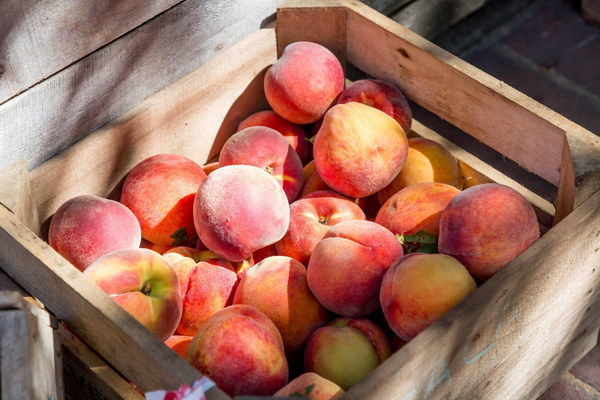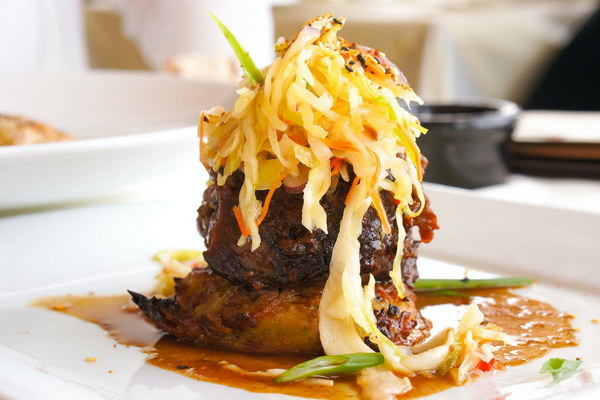Can You Eat Rice for Weight Loss After Nourishing Your Spleen
Introduction:
Many people believe that consuming rice can lead to weight gain, especially when trying to shed pounds. However, some argue that eating rice after nourishing your spleen can actually help with weight loss. This article explores whether it is possible to incorporate rice into your weight loss journey while still nourishing your spleen.
1. Understanding the Role of Rice in Spleen Nourishment:
Rice is a staple food in many cultures and has been traditionally associated with spleen nourishment. According to traditional Chinese medicine (TCM), the spleen plays a crucial role in digestion and metabolism. Nourishing the spleen is believed to enhance digestion, improve energy levels, and promote overall health.
1.1. Nutritional Benefits of Rice:
Rice is rich in carbohydrates, which are the body's primary source of energy. It also contains essential nutrients such as B vitamins, iron, magnesium, and selenium. These nutrients contribute to the nourishment of the spleen and support overall health.
1.2. The Spleen and Metabolism:
In TCM, the spleen is closely linked to metabolism. By nourishing the spleen, you can improve your body's ability to process and utilize nutrients effectively. This can potentially lead to better weight management and a healthier body composition.
2. Can You Eat Rice for Weight Loss?
While rice is a nutritious food, its high carbohydrate content may raise concerns about weight gain. However, there are ways to incorporate rice into your weight loss plan while still nourishing your spleen.
2.1. Portion Control:
Portion control is crucial when it comes to incorporating rice into your weight loss diet. Instead of consuming large portions, opt for smaller servings. This helps regulate your calorie intake and prevents overeating.
2.2. Choose the Right Type of Rice:
Different types of rice have varying nutritional profiles. For weight loss, it is recommended to choose brown rice or other whole grain rice varieties. These types of rice have higher fiber content, which can help you feel fuller for longer and reduce overall calorie intake.
2.3. Pair with Healthy Foods:

To maximize the benefits of rice while minimizing weight gain, pair it with healthy foods. Incorporate lean proteins, vegetables, and healthy fats into your meals. This creates a balanced diet that supports both spleen nourishment and weight loss.
2.4. Timing of Rice Consumption:
The timing of rice consumption can also impact weight loss. It is advisable to include rice in your meals during the earlier part of the day, as your body is more active and can utilize the energy from carbohydrates effectively.
3. Potential Risks and Considerations:
While rice can be incorporated into a weight loss plan, there are some potential risks and considerations to keep in mind:
3.1. Allergies and Intolerances:
Some individuals may have allergies or intolerances to rice or gluten, which is sometimes found in rice-based products. It is important to be aware of any adverse reactions and avoid consuming rice if necessary.
3.2. Blood Sugar Control:
If you have diabetes or are at risk of developing it, consuming large amounts of rice can impact blood sugar levels. It is advisable to consult with a healthcare professional or a registered dietitian to determine the appropriate amount of rice in your diet.
Conclusion:
Incorporating rice into your weight loss plan can be possible, especially if you follow proper portion control, choose the right type of rice, and pair it with healthy foods. By nourishing your spleen and supporting digestion, rice can contribute to a balanced and effective weight loss journey. However, it is important to consider individual health conditions and consult with professionals for personalized dietary advice.









